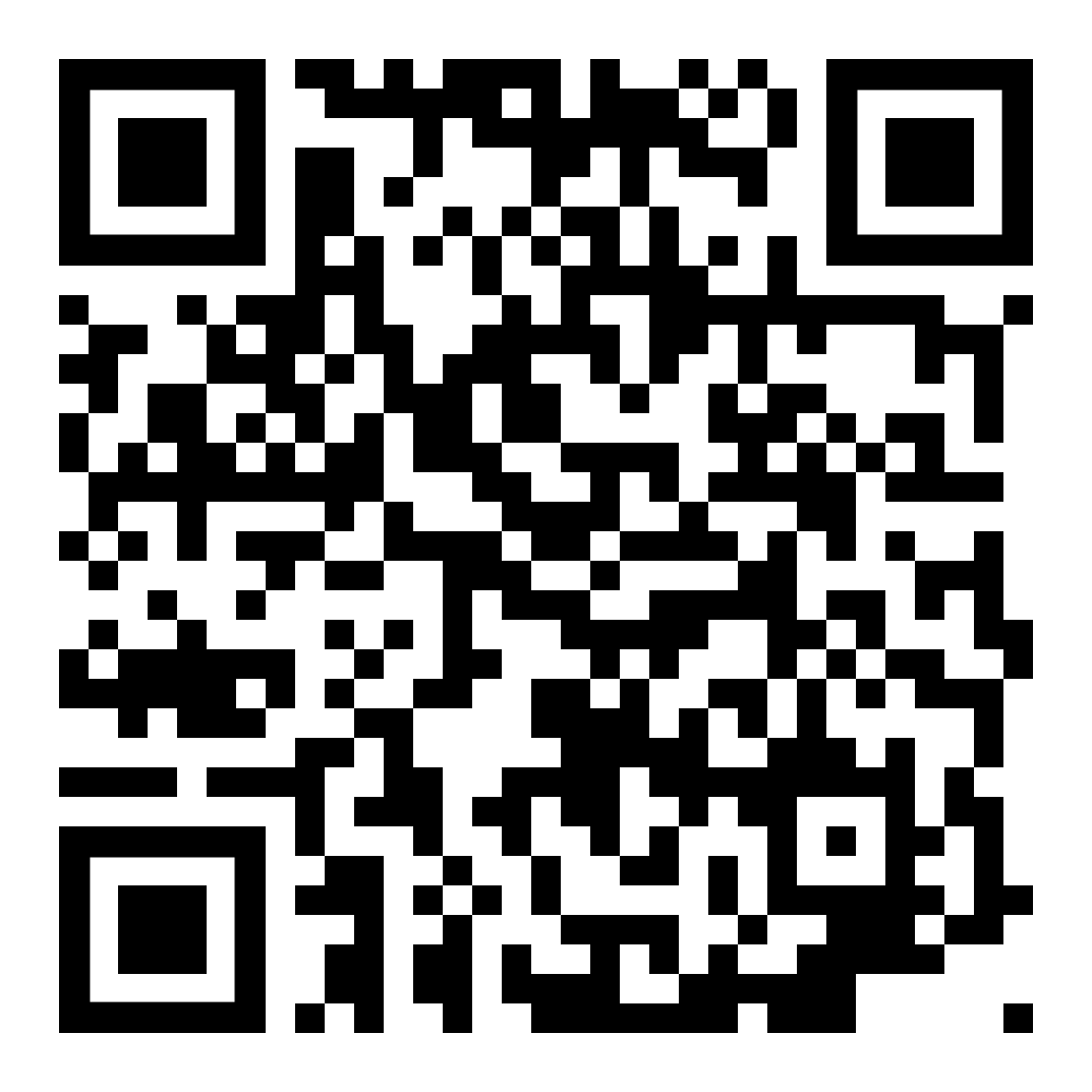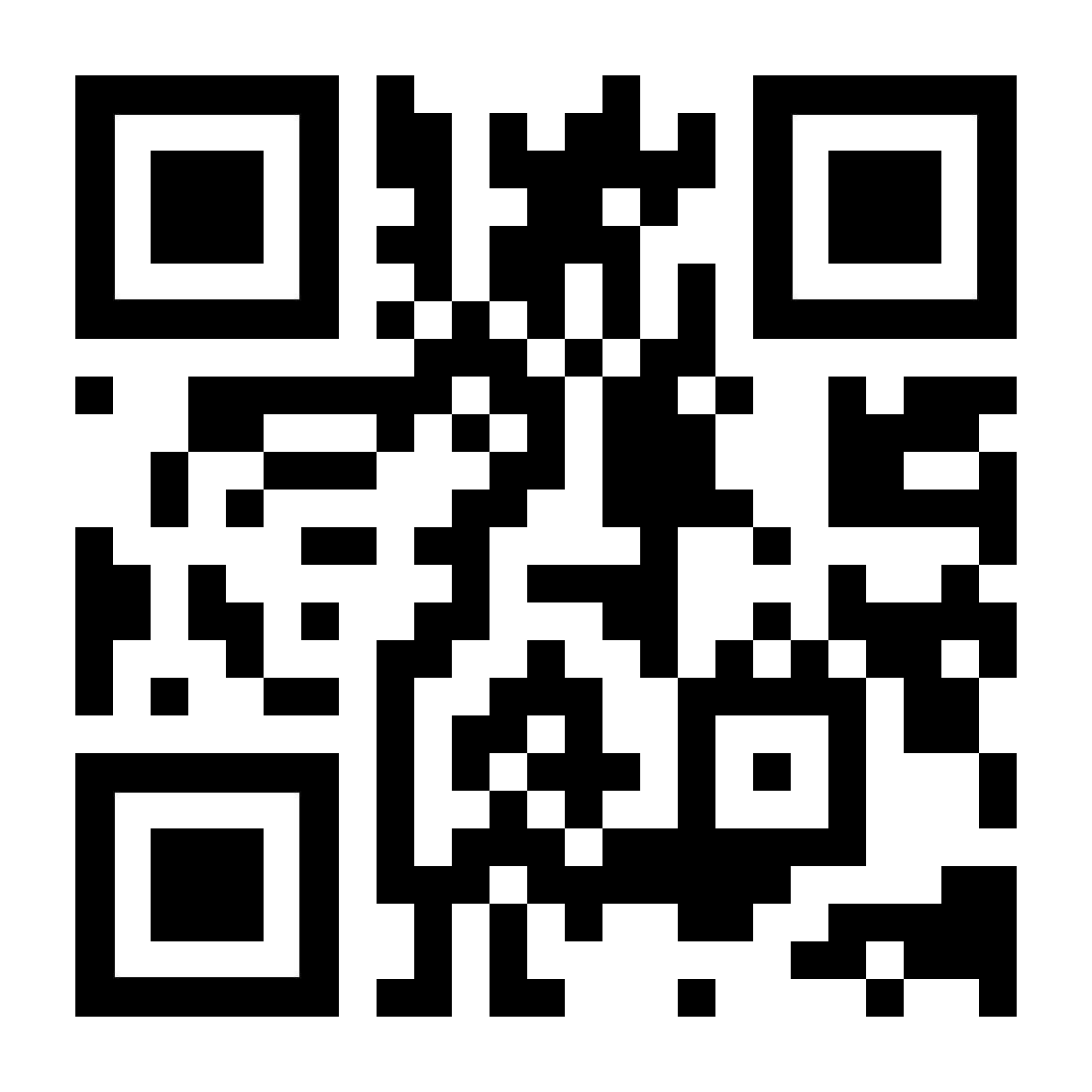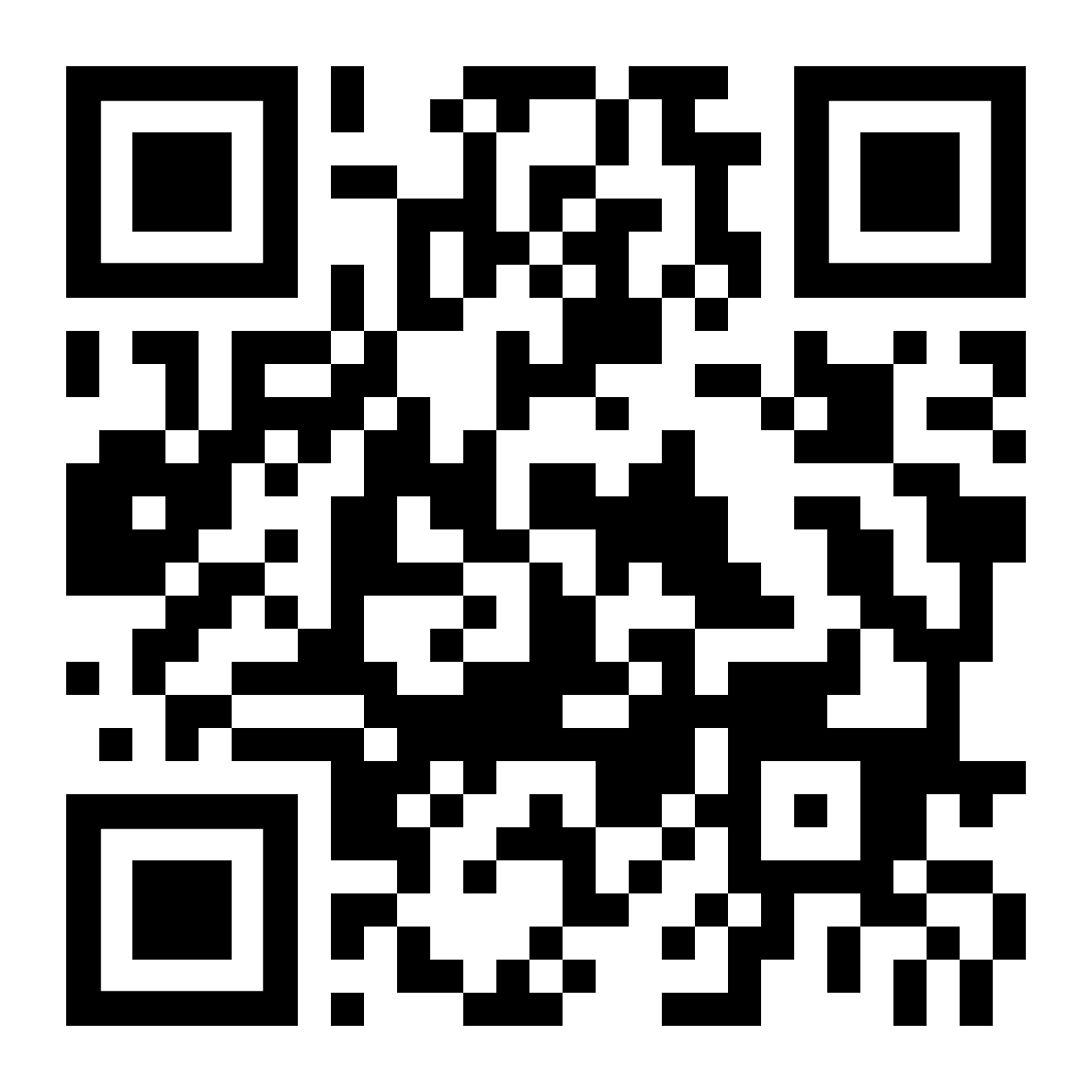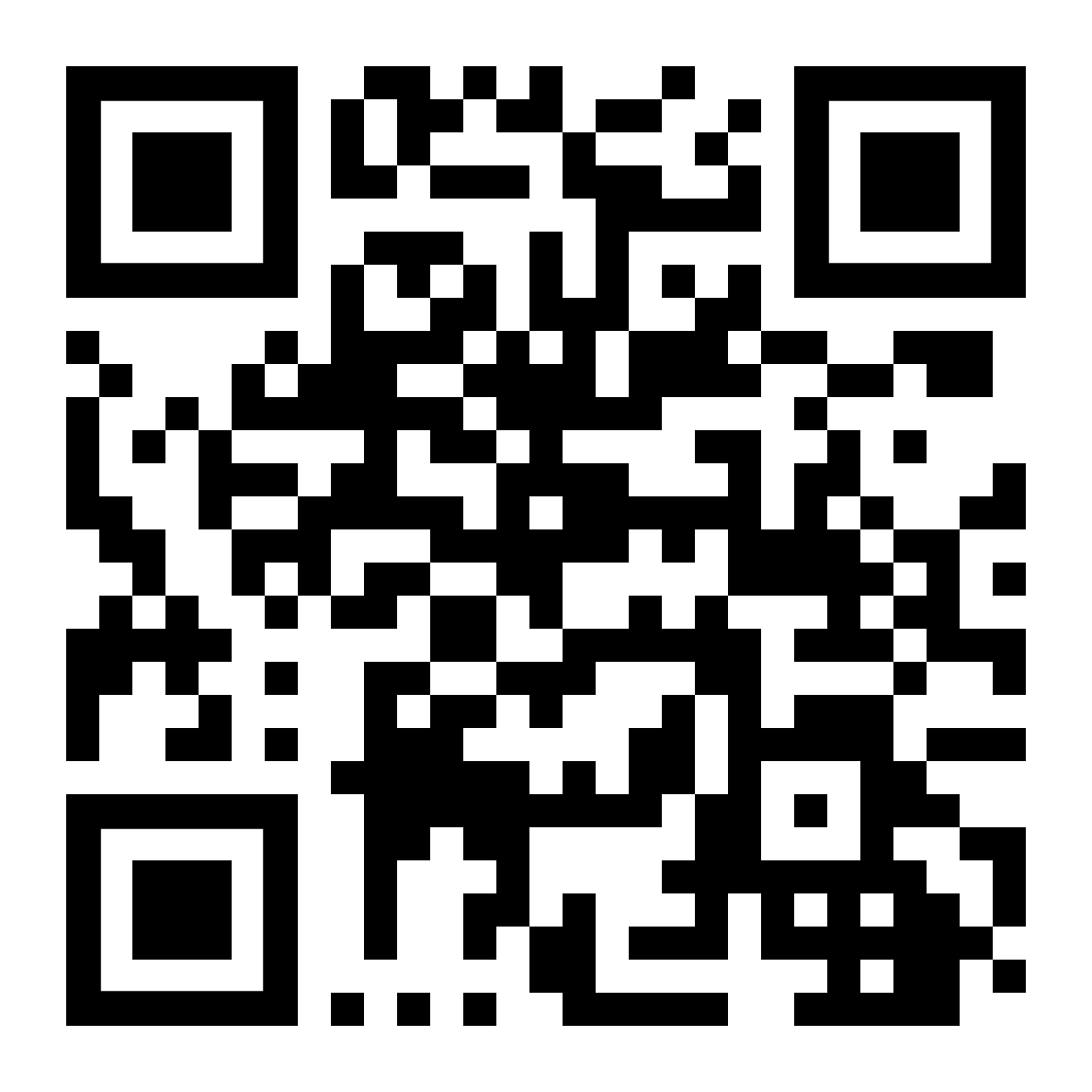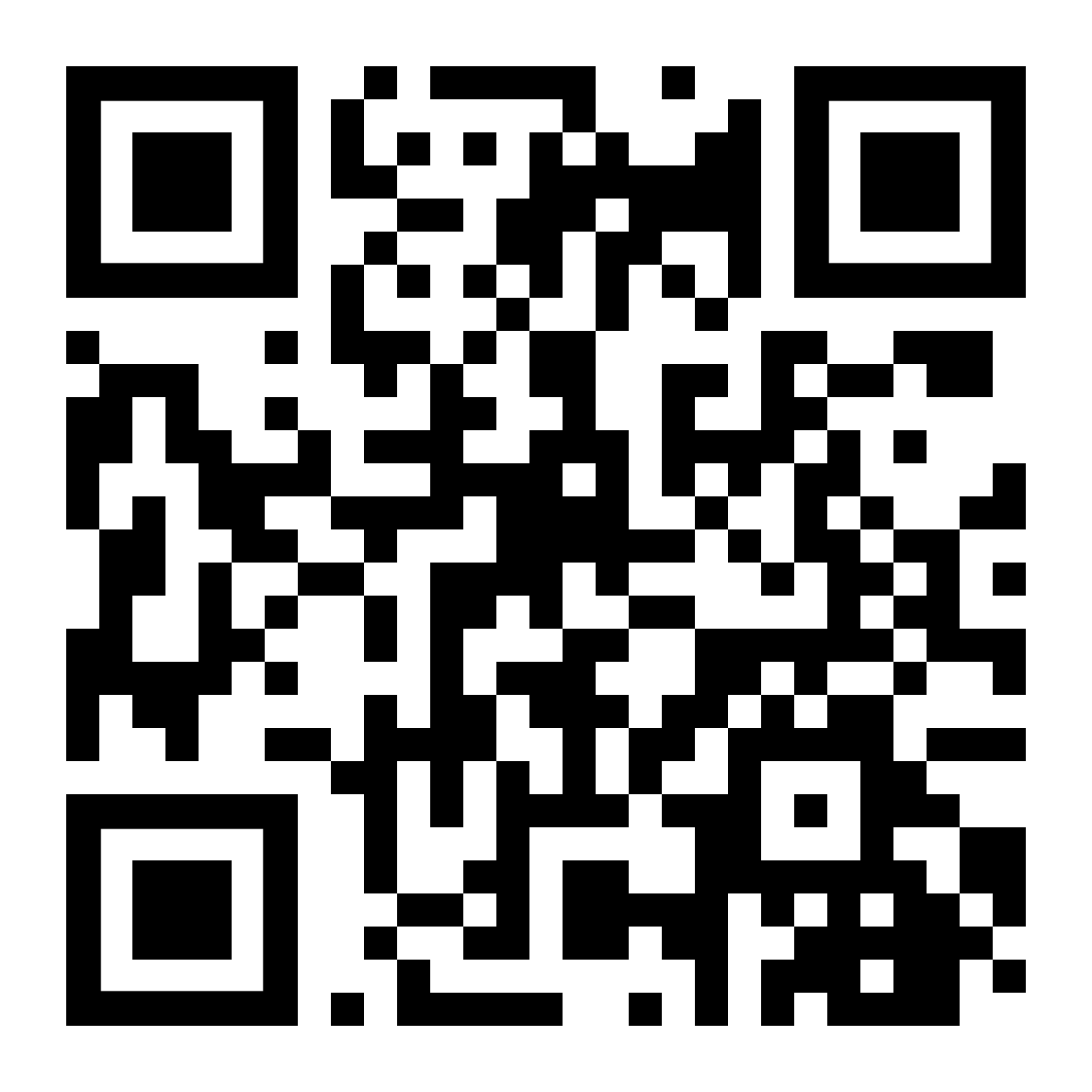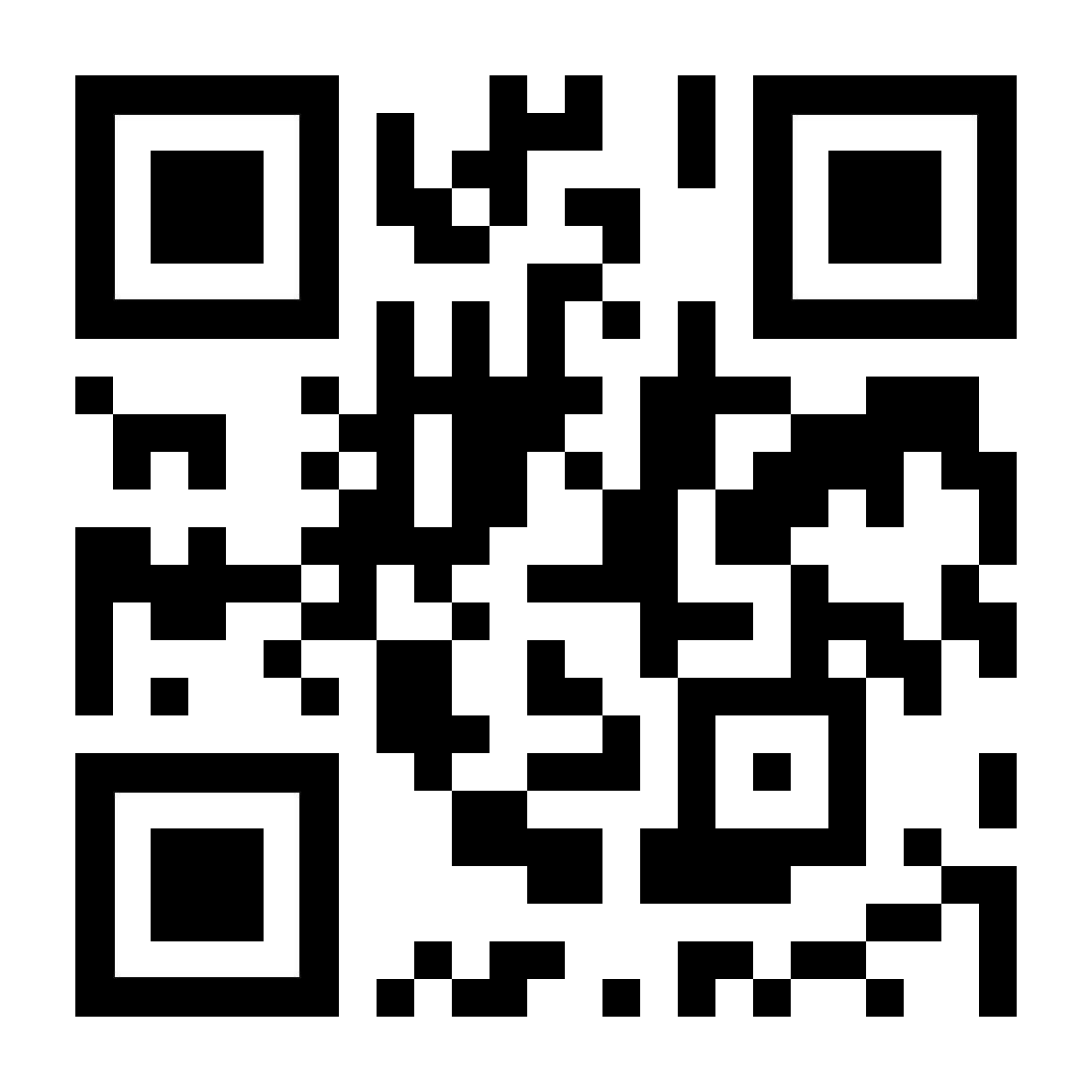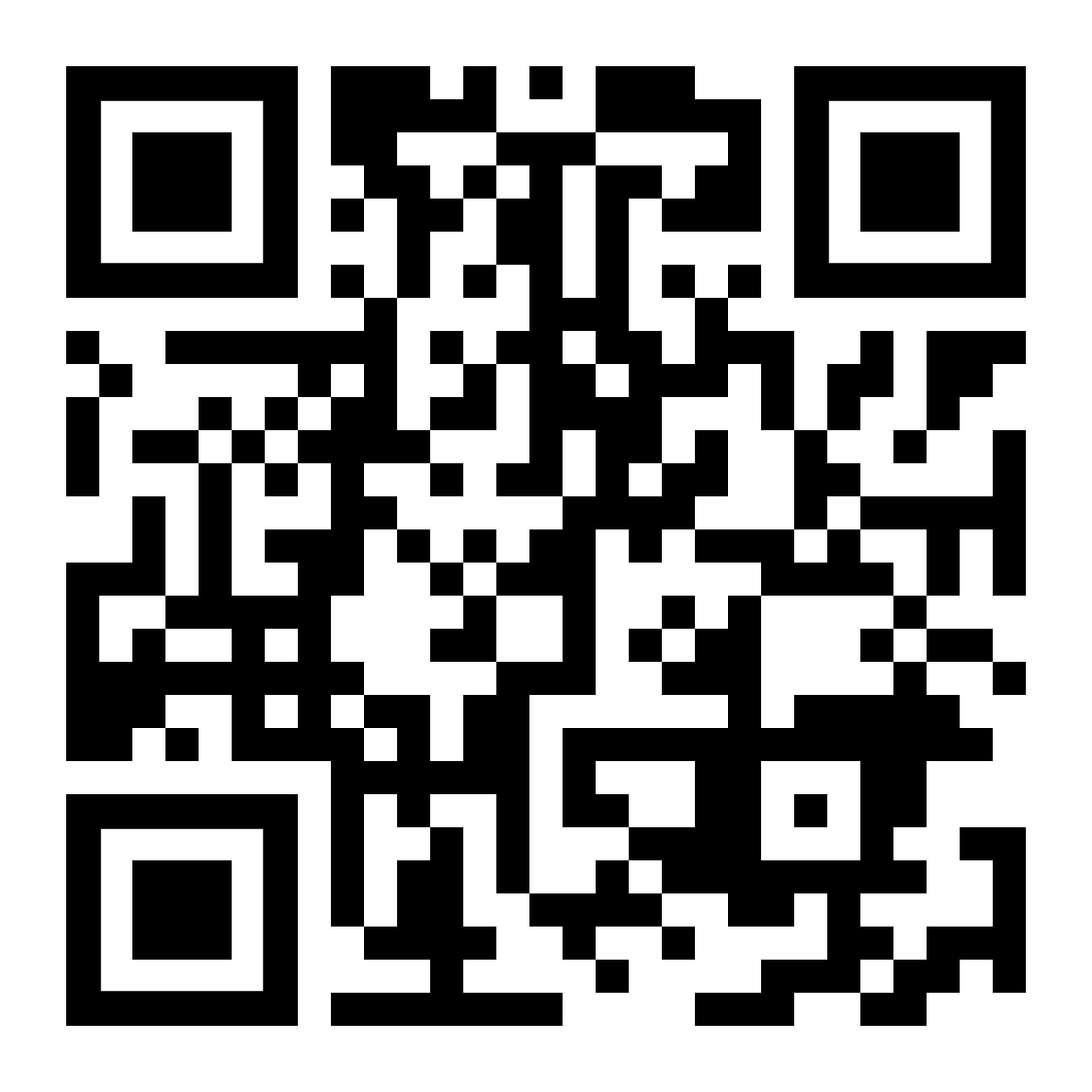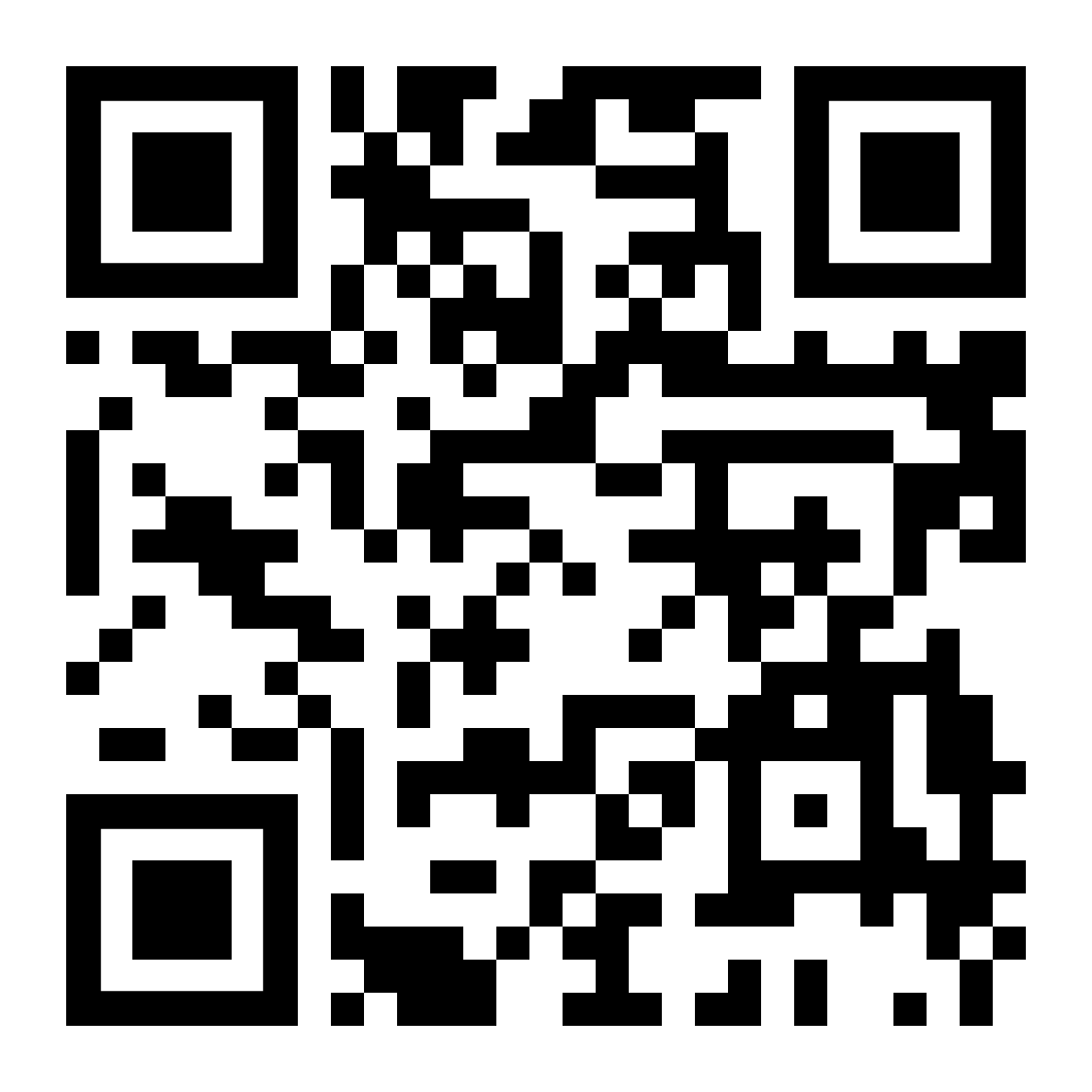Quotes: “What judgment does one pass onto another when they conceal the truth, yet expose themselves inwardly?” By Pierpoint n Pierpoint “Live your life purposefully; your role in the universe is irreplaceable.” By Pierpoint n Pierpoint By Admin. Liaison, JayP & V.P.@ www.369.energy and www.timelessvoicesusa.comAuthors: Pierpoint and Pierpoint “Nobody Tells Me What to Do” Type…...
Premium Blog Access Membership Required
You must be a Premium Blog Access member to access this content.
Already a member? Log in here

